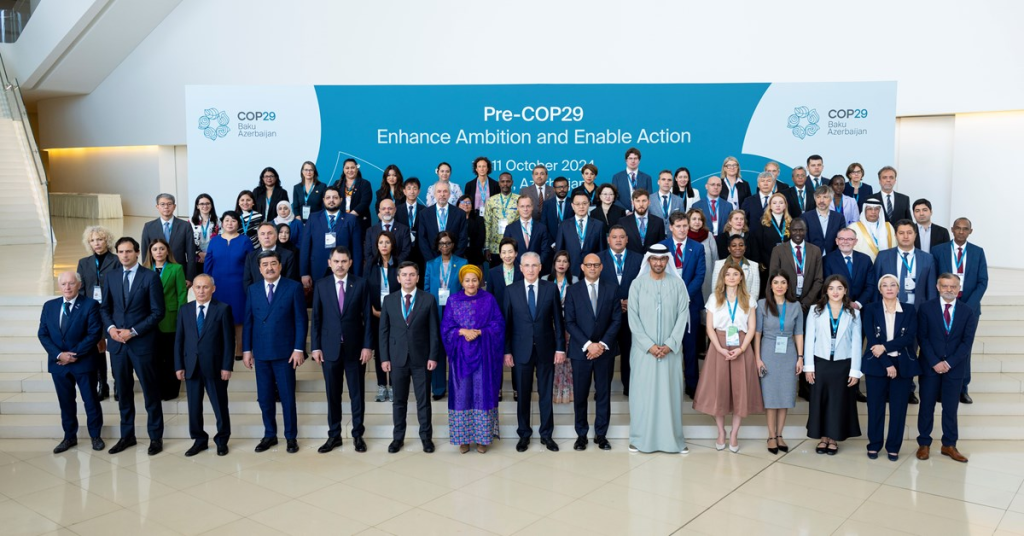The COP29 climate summit in Baku, Azerbaijan, has entered its final stages, with the host urging countries to work together to reach a long-awaited agreement on climate financing.
The call for collaboration comes as negotiators face mounting pressure to finalise a deal before the summit ends.
Delegates from around the world are in Baku to discuss a plan that would see wealthier nations provide substantial financial support to developing countries struggling with the effects of climate change.
Experts say poorer nations will need at least $1 trillion annually by 2030 to tackle the crisis, but discussions have stalled over disagreements about the scale and structure of funding.
The negotiations are further complicated by uncertainty surrounding the role of the United States, with climate sceptic President-elect Donald Trump preparing to take office.
On Friday, the COP29 presidency issued a message encouraging nations to “collaborate within and across groups” to overcome disagreements and finalise a deal.

A revised draft of the agreement was expected to be released later in the day, raising hopes that an agreement could be reached before the summit’s conclusion.
However, tensions have grown following the release of a preliminary draft on Thursday, which left critical details unresolved.
The document avoided specifying the total amount of funding and included controversial proposals on whether financial support should be in the form of grants or loans.
UN Secretary-General António Guterres, who returned to Baku after attending the G20 meeting in Brazil, urged leaders to intensify their efforts, warning that “failure is not an option.”
Observers remain cautiously optimistic. Li Shuo, director of the China Climate Hub at the Asia Society, said;
“I hope they find the sweet spot with this next iteration. Anything other than that may require rescheduling flights.”
The outcome of COP29 will have a lasting impact on global climate efforts, as countries work to balance immediate needs with long-term solutions.


